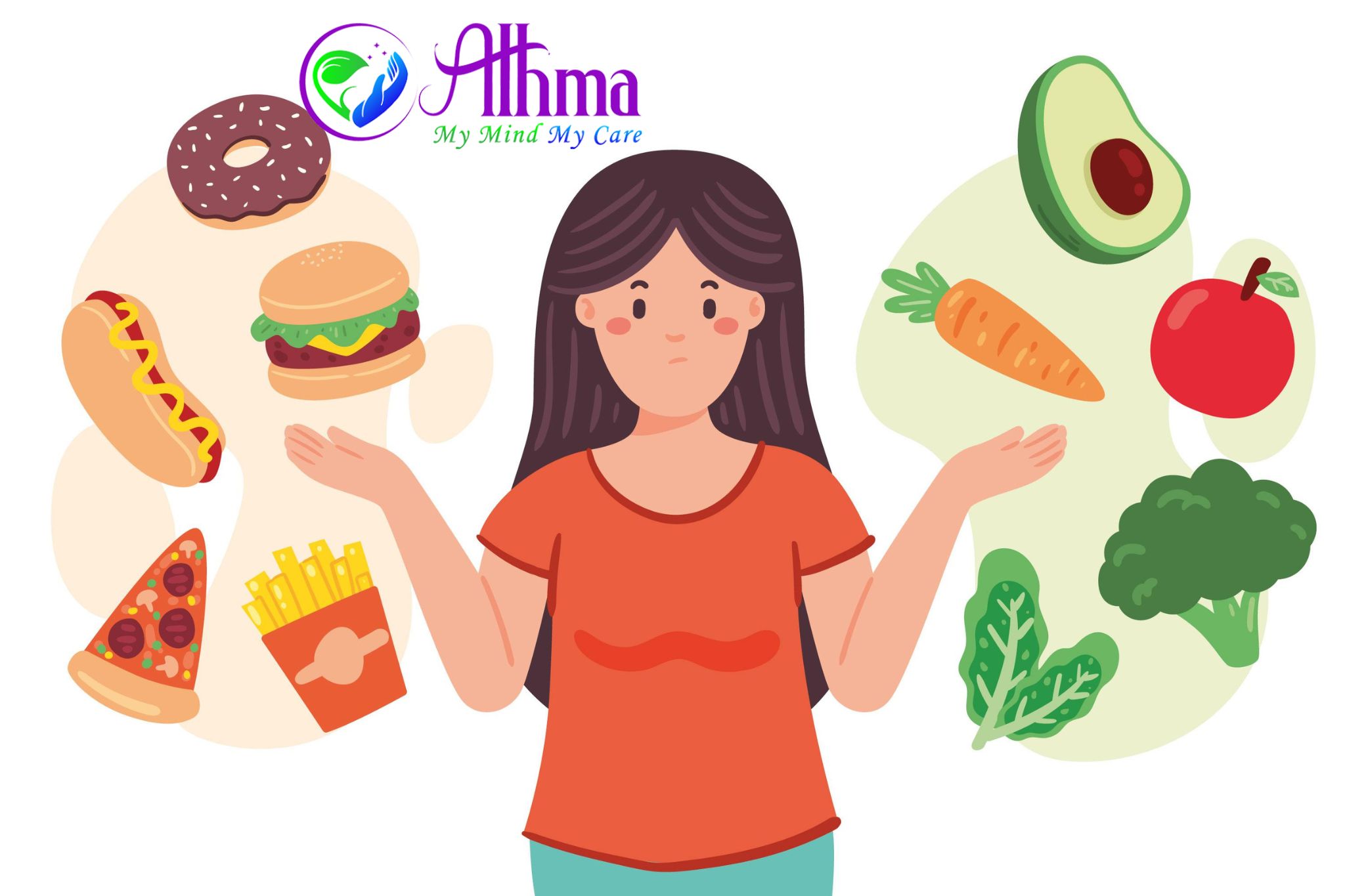“Let food be thy medicine, and let medicine be thy food.”~ Hippocrates.
The things we are craving for now or at this age has a greater influence/impact on your future lives. Do you believe this??
Believe it or not, it has impact on your physical health as well mental health.
In older days, from birth onwards, there was a kind of order in taking liquid to solid foods.
A child will be taking liquid food like breast milk in the first stage, and then semi-liquid like rice powder/raagi “kurukk”, finally once he/she can take solid food, will be treated with rice, wheat, etc. This was believed to be a tradition/custom in the older days. But it’s not merely some religious custom/godly influence; it is the stages of the food chain according to a human’s digestive system. The people who are elder will be guiding children in taking different kinds of leafy, seasonal fruits, and homely vegetables in older days. Thus, it was because of this, from childhood till adulthood, they were able to fight off diseases with their immune system.
All children and adolescents require healthy snacks and meals to sustain their growth and development. A nutrient-rich diet plays an essential role in your child’s mind and physical development. But, that doesn’t mean that your children should be fed with lots of food every time merely because he/she has to be healthy. Nutrient-rich means, for example, in “Anganwadi” we used to see a dish with a handful of different millets and pulses every day in different forms. Children were not fed with white sugar; rather they will be giving jaggery. And that too, in Kerala, taking meals from ICDS, is still considered as either tag of poor or will be given to the pets they looked after.
Eating behaviours ripen during the first years of life; children learn what, when, and how much to eat through direct experiences with food and by observing the eating behaviours of others. If we (adults) insist children eat healthily, where we are having pizza/burger every day, it can boomerang the effects. Children also learn about food by observing the eating behaviours modelled by others. For example, research reveals that children’s intake of fruits, vegetables, and milk increased after observing adults consuming the foods. Limiting their food supplies, due to being overweight or excessively feeding because of their underweight will mentally affect the children. As children grow older, their exposure to unhealthy food becomes threatening, forced mostly by improper marketing and advertising, the surplus of ultra-processed foods in places, and rising access to fast food and highly sweetened beverages.
Nowadays, “Meal skipping” is kind of a new culture that we used to see in new generations. They are not giving importance to meal orders for the day. They fancy skipping breakfast almost all the time and will take some processed foods going to school/college. Thus, in short, eating food and not eating food can cause severe physical situations. Eating too much food, particularly unhealthy food, puts your child at risk of being overweight and obese. An overweight or obese child is at an increased risk of type-2 diabetes, sleep apnoea, and hip and joint problems. Whereas, severe dieting can lead to health and other problems like fatigue, poor concentration, and loss of muscle mass and bone density.
Nowadays, parents/caregivers are also promoting fast food because of their time and work issues, for them, ordering a pizza/burger is the most time-saving one rather than, cooking rice and curry. Mentally, unhealthy diets and food insecurities can cause depression, emotional challenges, and struggles with peers. When diets are filled with sugars, caffeine, chemicals, and sodium, kids are left feeling tired, unfocused, and jittery, and are susceptible to sickness, which not only impacts students’ grades and performance but their behaviour and moods. Moods and foods often reflect each other, and as teens develop through puberty, emotions can restrain eating and eating can regulate emotions.
In some cases, teens engrossed in substance abuse also depict signs of eating disorders and mental health scrabble. The causes of child obesity & juvenile diabetes are complicated, ranging from poor eating habits to family history and trauma. Social coercion to hold a certain body shape also contributes to a higher risk of mental health problems. In some children, a poor diet may be accompanied by behavioural problems, sleep issues, problems with emotional and psychological development, and poor concentration or difficulties at school.
As long-term effects, in adulthood, they will continue to cling to these food habits that could cause, depression, lack of anger management, substance abuse & harassment, and obesity leading to diabetes and even can end up in cancer/tumours. Even, their moods can adversely affect and can cause severe mental issues.
The first lessons for everything are our family and home, including our eating habits. What a parent can do is ultimately based on their focus. Be a good role model, practice good eating habits & prepare healthier foods.
1.Don’t make ordering outside food or make eating out a habit.
2.Start encouraging healthy eating from a young.
3.Eat together as a family as often as you can.
4.Have fresh food available for them to snack on like fruits and vegetables.
5.Involve your child in planning meals, food purchasing, and preparation.
These could be the least things that you could do as a parent to your child’s eating habits. As with another wording of Hippocrates, there’s another statement about food, which reads: “In food excellent medicine can be found, in food bad medicine can be found; good and bad are relative.”


